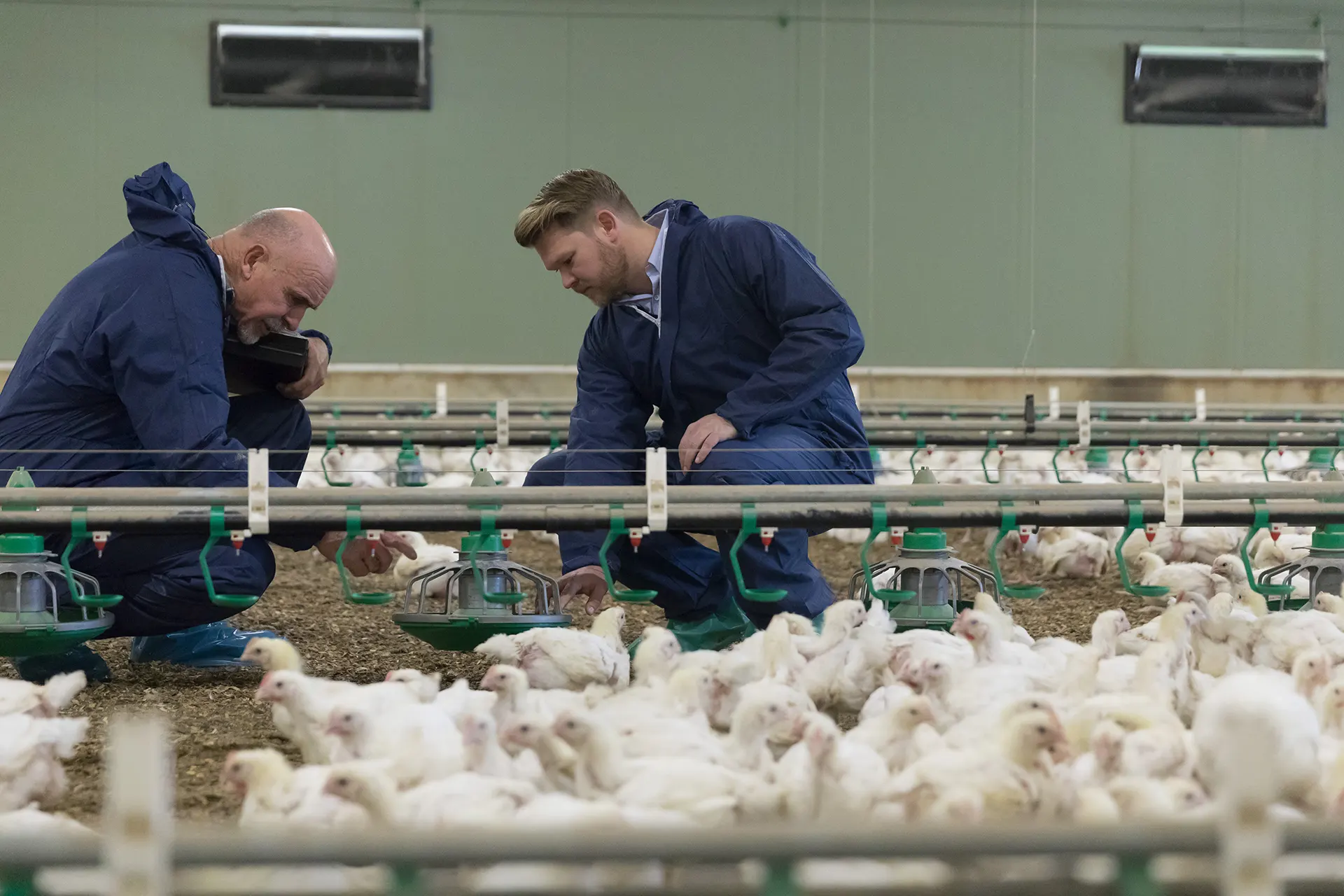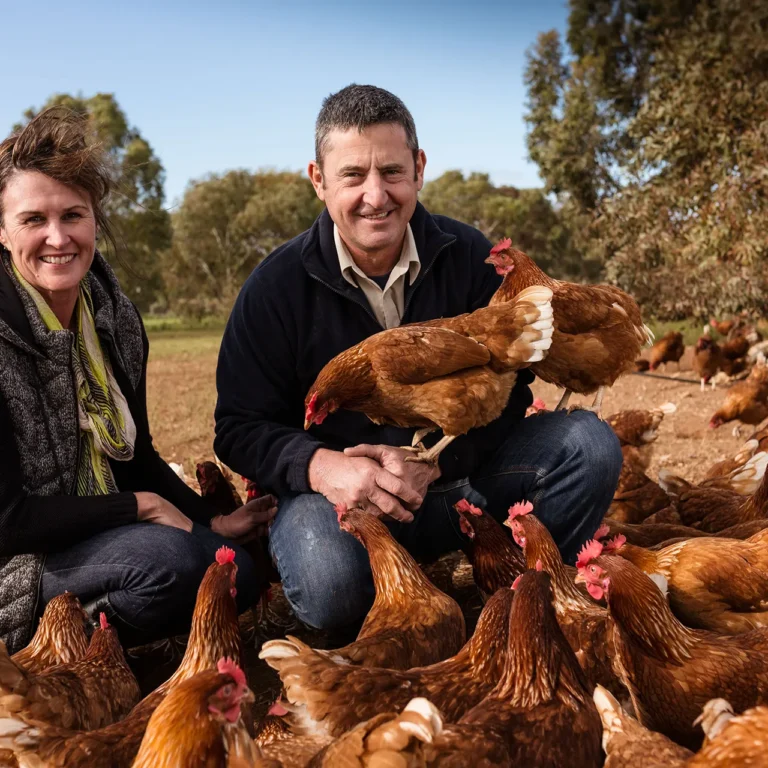
Become Certified
Australians care about farm animal welfare and they’re increasingly looking for labels and certification to help guide their decisions.
If you’re a producer looking to get certified or a brand owner interested in sourcing higher-welfare ingredients, we’d like to hear from you.
I’m a producer
Why get RSPCA Approved certification?
We are trusted and well-known
The RSPCA is a trusted and well-known organisation that has proudly been working with Australian farming industries for decades to see improved welfare outcomes for farm animals.
Today, the RSPCA Approved certification is recognised by Australians as meaning animals have been farmed with consideration of their welfare.
Our Standards are credible
The RSPCA Standards are animal welfare focused and go well above what’s legally required. They aim to work with medium and large-scale producers to raise the bar for animal welfare in a way that’s tangible and sustainable long-term. Find out more about our animal welfare Standards.
We have a robust certification process
Frequent, comprehensive assessments by specially trained Assessors make sure farms consistently meet our Standards so that Australian consumers can trust the RSPCA Approved certification. Find out more about our certification process.
Customers are looking for transparency
Australians are increasingly looking for assurances about how their food has been produced. By farming to publicly available standards and undergoing independent assessments, you can help give consumers the confidence they are looking for.
Half of all consumers pay more attention to labels on chicken meat packaging than they did 5 years ago – AgriFutures, 2020
95% of Australians are concerned about farm animal welfare, 91% want at least some reform to address this – Futureye, 2018
We are independent
Established by the RSPCA, the RSPCA Approved Farming Scheme is Australia’s leading independent certification scheme focused on animal welfare. The Scheme doesn’t receive funding from government, industry bodies or donations.
More than 3 out of 4 Australian consumers say that having a third-party audited animal welfare program with established standards is important to them when purchasing chicken – AgriFutures, 2020.
We value working together
Through the RSPCA Approved Farming Scheme, we are proud to have worked with hundreds of farmers. The commitment from these dedicated producers has not only shown that higher-welfare farming is possible, but has seen better quality production and achieved improved working conditions for their staff, who have a sense of pride in being a part of a highly respected program. Find out more about our impact.
What does it cost
The RSPCA Approved Farming Scheme is not-for-profit and is not funded by donations to the RSPCA.
The costs of running the Scheme, including the costs associated with frequent farm visits and certification, are covered by a licensing fee. Licensing fees are paid by brands that source from farms with RSPCA Approved certification and market their product with the RSPCA Approved brand. The fee is calculated with consideration of how much it costs to have the brand and their suppliers participate and be certified.
We recognise that there is an increased production cost associated with meeting a higher-welfare standard. For this reason, producers themselves are not required to routinely cover certification costs, unless they are also the brand owner or choose to have their farms certified as part of their own commitments to animal welfare.
How to join
First read the RSPCA Standard that relates to your farm or business and details about the certification process.
Get in touch with us to start the application process.
Certification Process
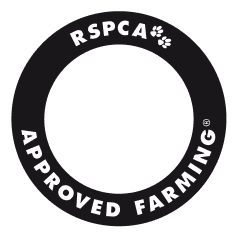

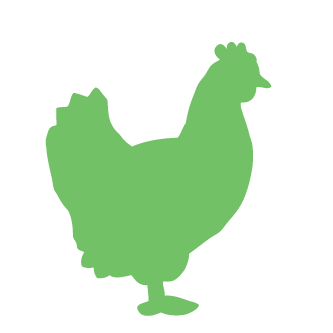




Step 1
Producers looking to achieve RSPCA Approved certification must first read our operations manual and the animal welfare standard that relates to their business.
Then make an application to the RSPCA Certification Body.
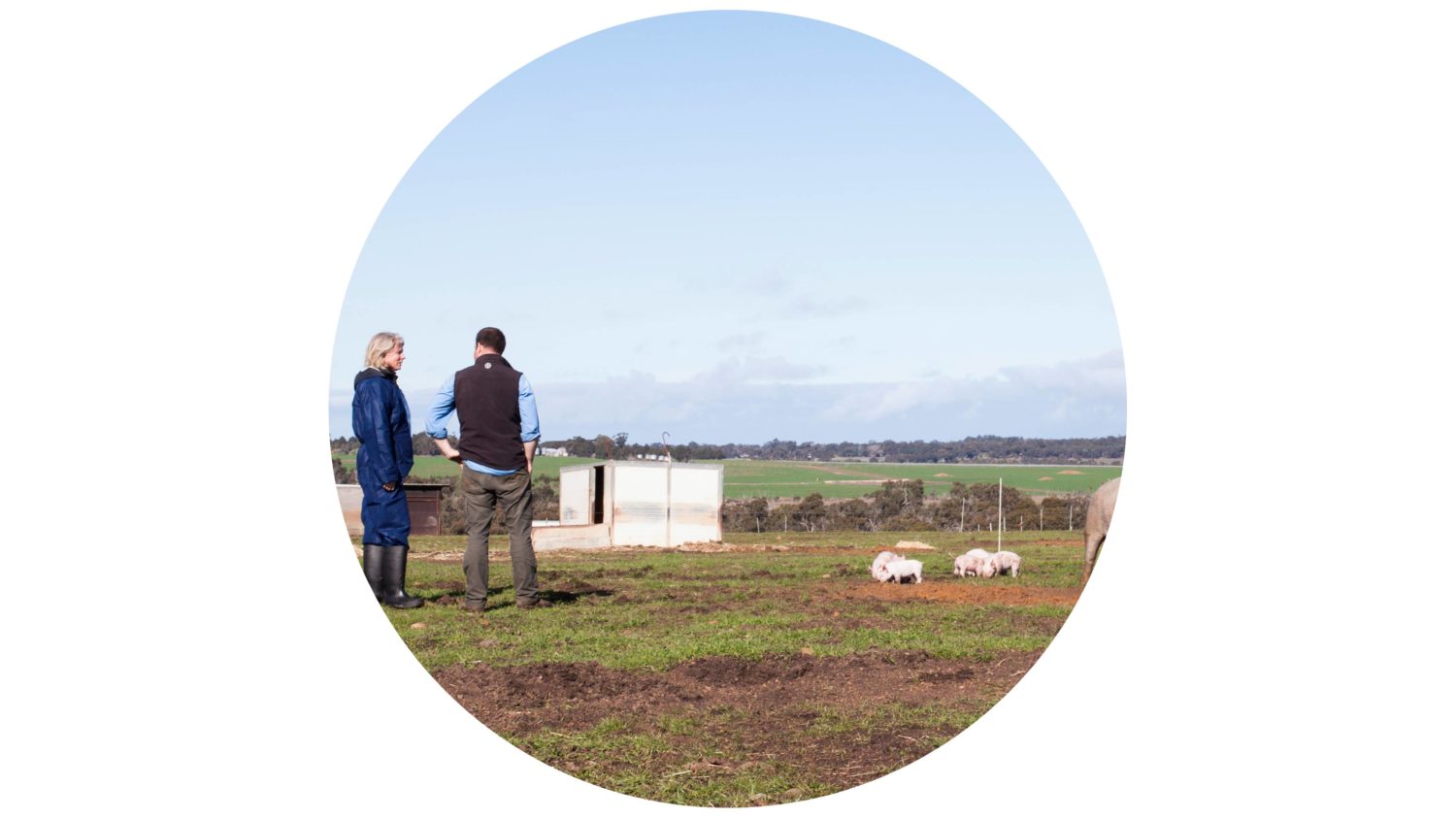
Step 2
As part of the application process the Producer will enter into a Producer Agreement with the RSPCA Approved Farming Scheme.
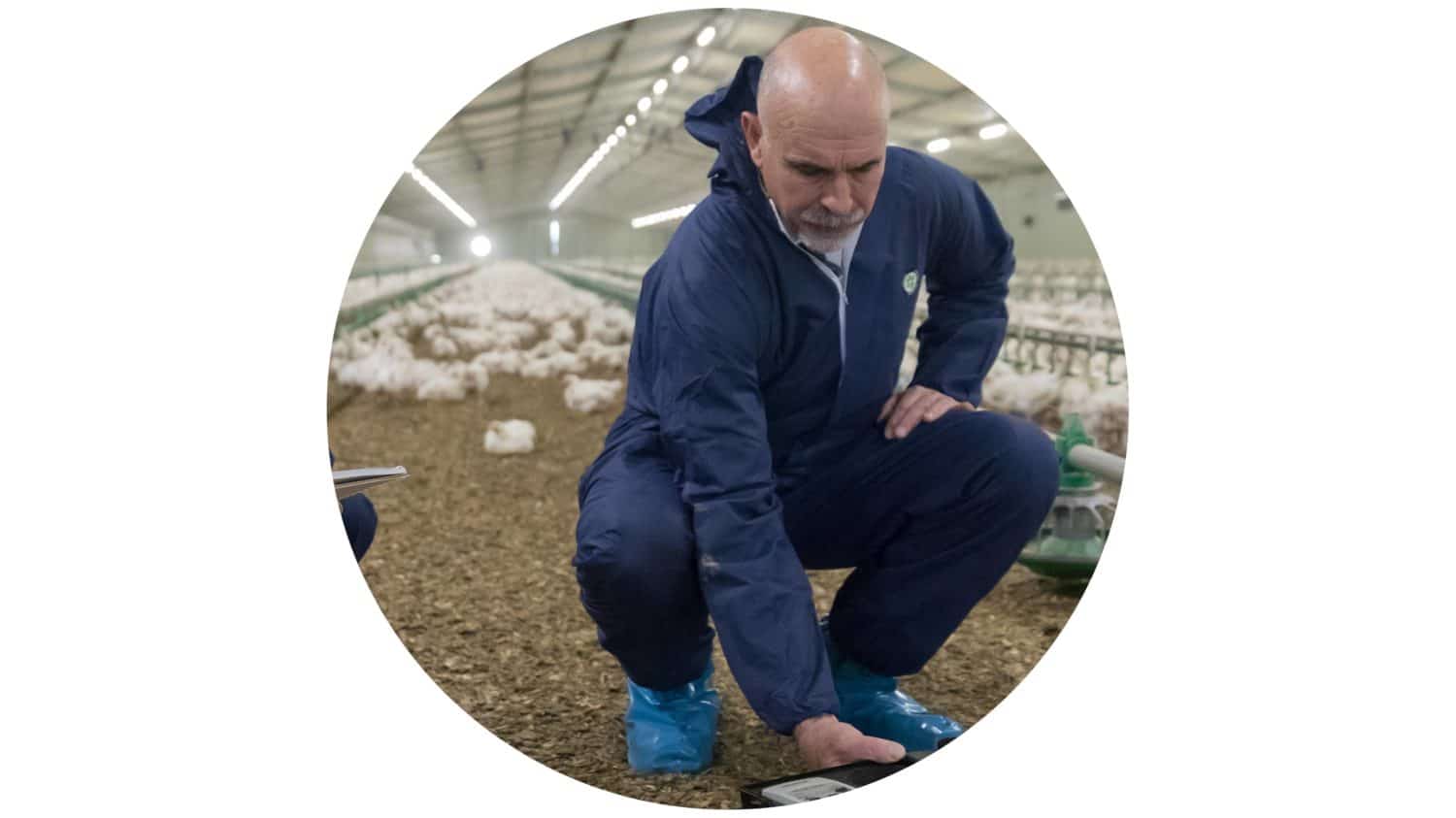
Step 3
The Certification Body will review the application and then get in touch to organise an initial on-site assessment.
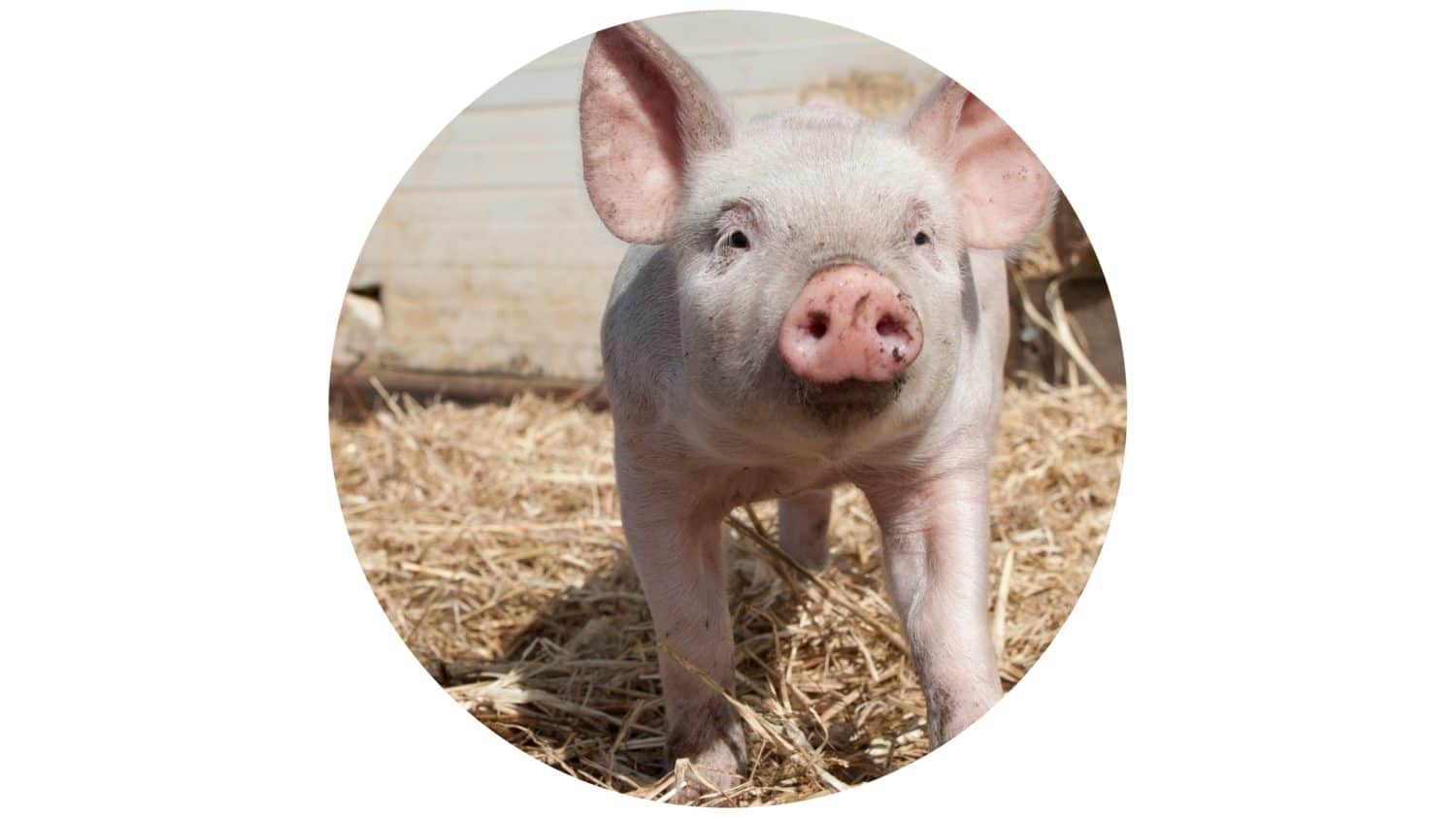
Step 4
As part of a typical assessment, as RSPCA Assessor will evaluate all areas of the site where there will be animals raised or slaughtered to the standard. Assessors check animal behaviour, the conditions where they are kept and how they are managed, all against the relevant standard.
Depending on the size of the site, this can take from a couple of hours to a couple of days. Assessors also review documentation and records which are required as part of RSPCA Approved certification, and where relevant CCTV, for example in abattoirs.
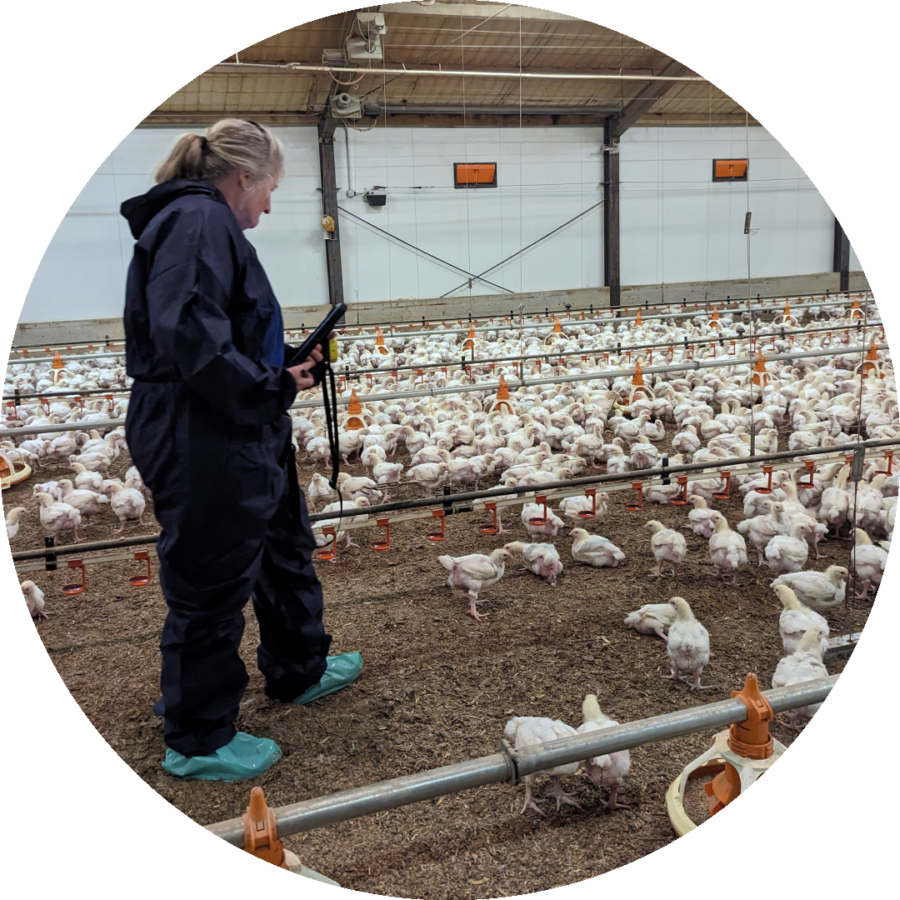
Step 5
After conducting their assessment, the Assessor will provide their report to the Producer and the Certification Body.
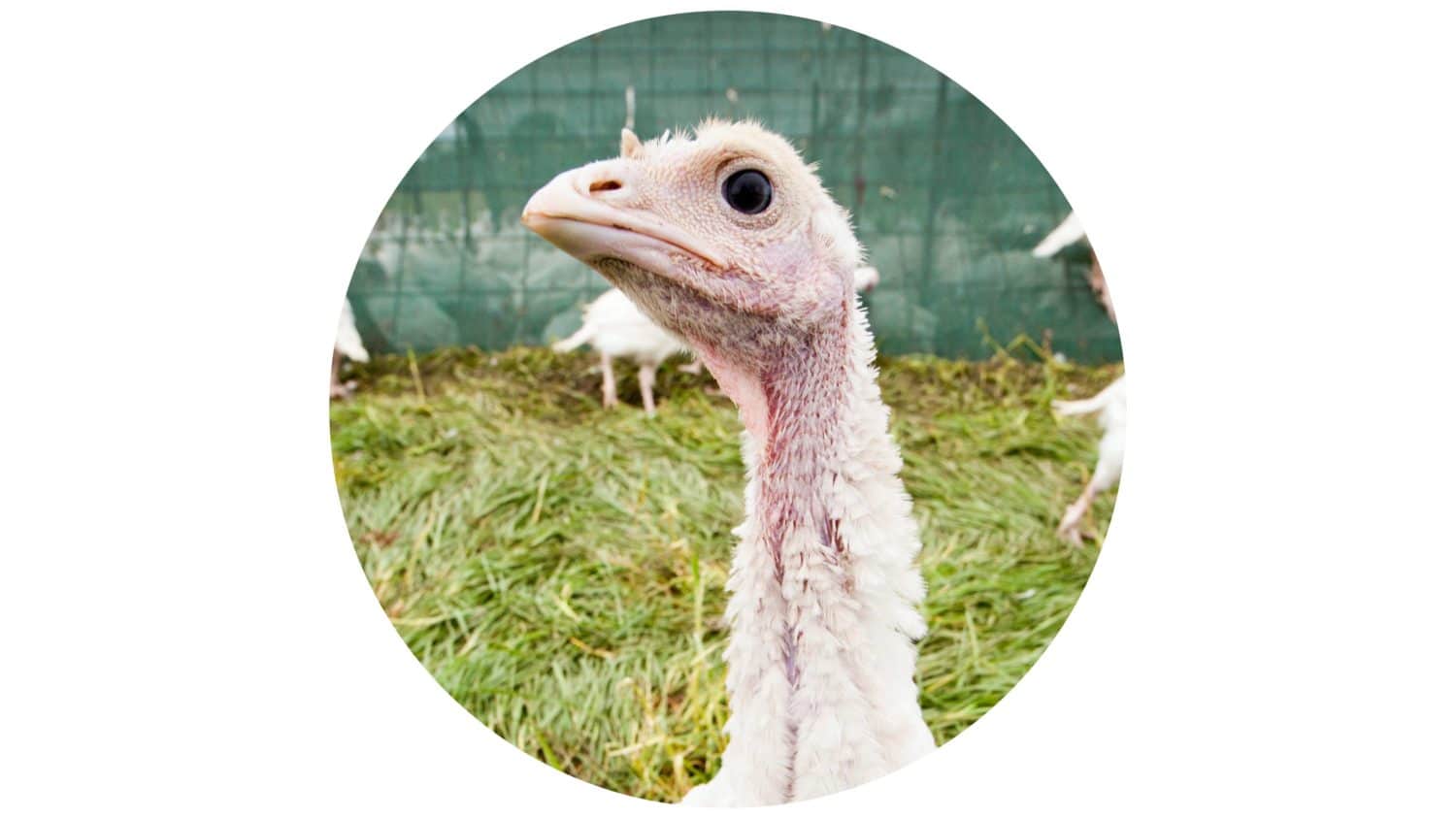
Step 6
The Certification Body reviews the report, and if the requirements of the standard have been met the Producer will receive an Approved certification status.
Step 7
When a Producer achieves an Approved certification status they can supply brands with RSPCA Approved product, and will be subject to assessments as part of the ongoing certification process.
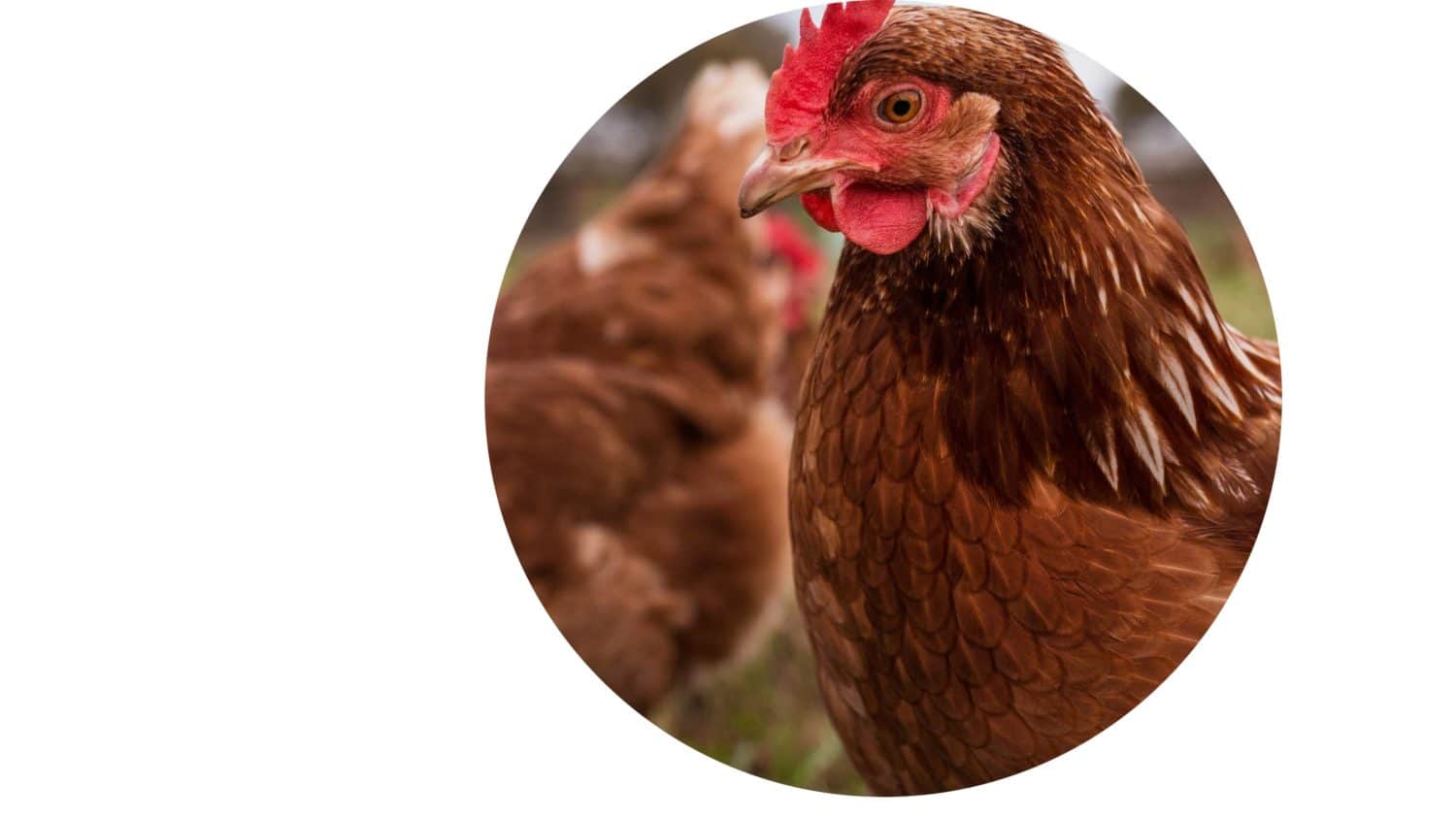
Layer hens, meat chickens and turkeys
New farms are assessed four times in the first year. Following a good track record of conformance with the standard, this may reduce to three or four assessments each year.
Abattoirs processing meat chickens and turkeys are assessed annually.
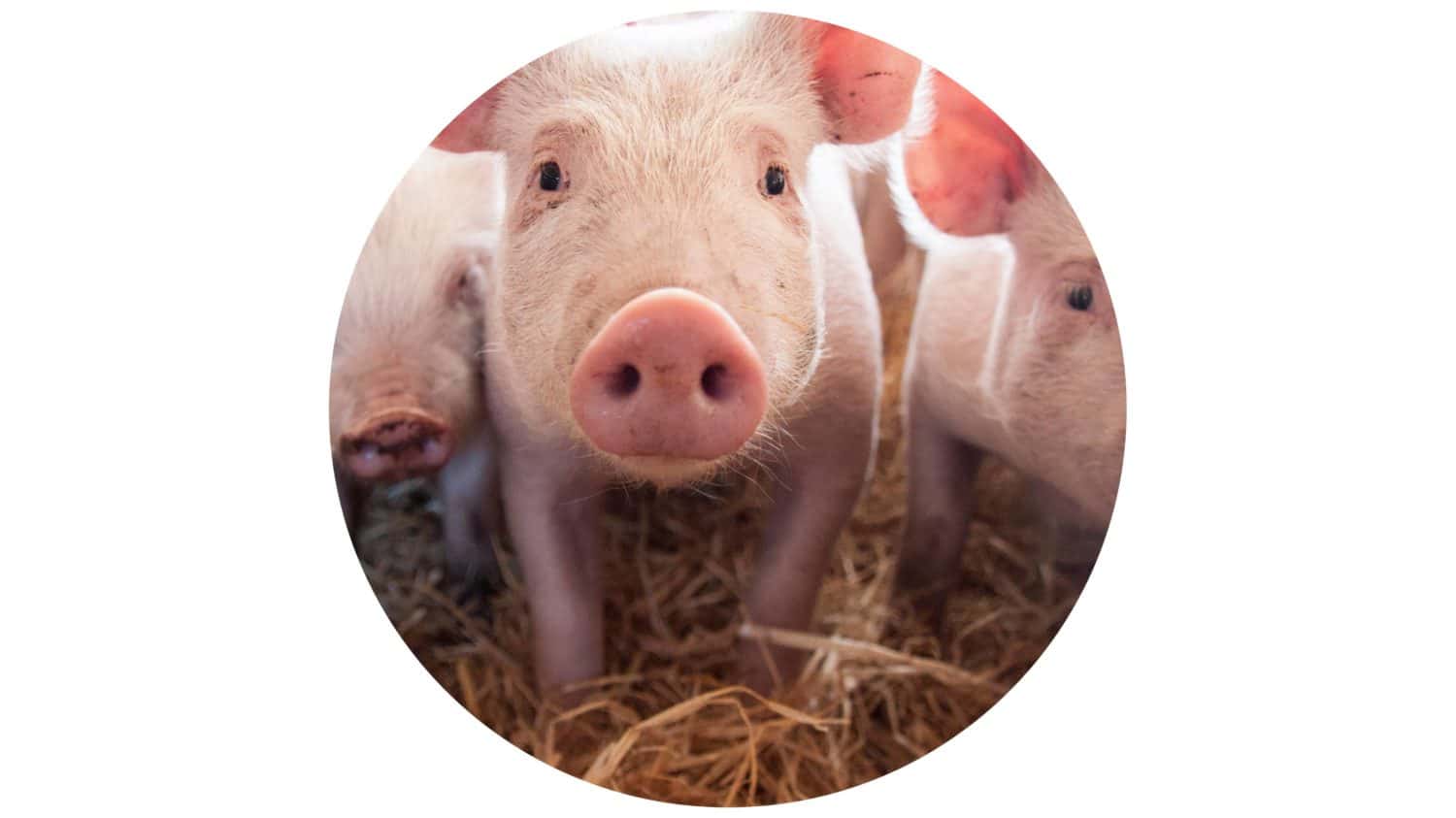
Pigs
Farms are assessed twice a year, and abattoirs are assessed annually.
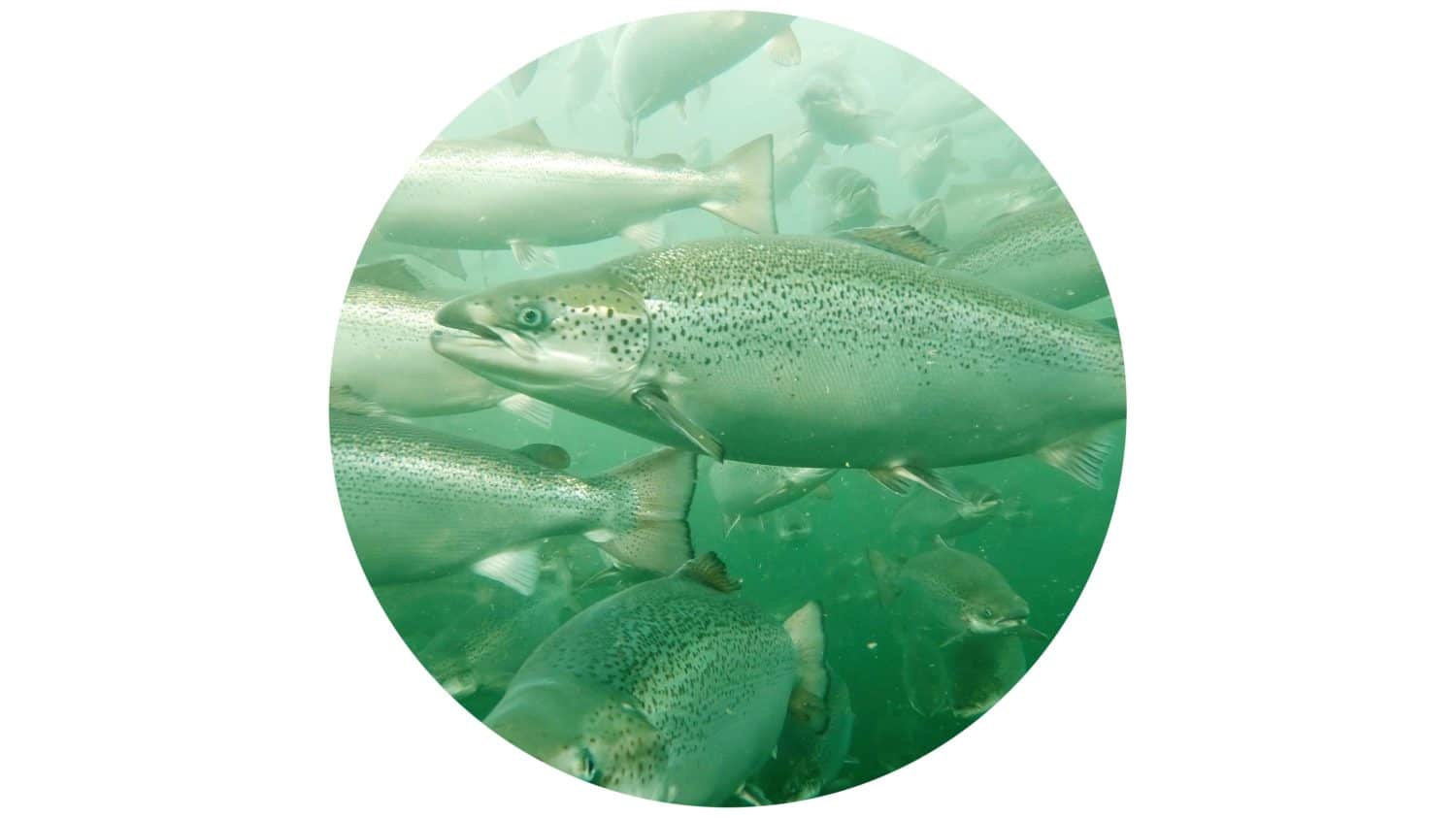
Farmed Atlantic salmon
Marine sites are assessed every two years, freshwater sites are assessed annually, and all animal handling procedures, including slaughter, are individually assessed annually.
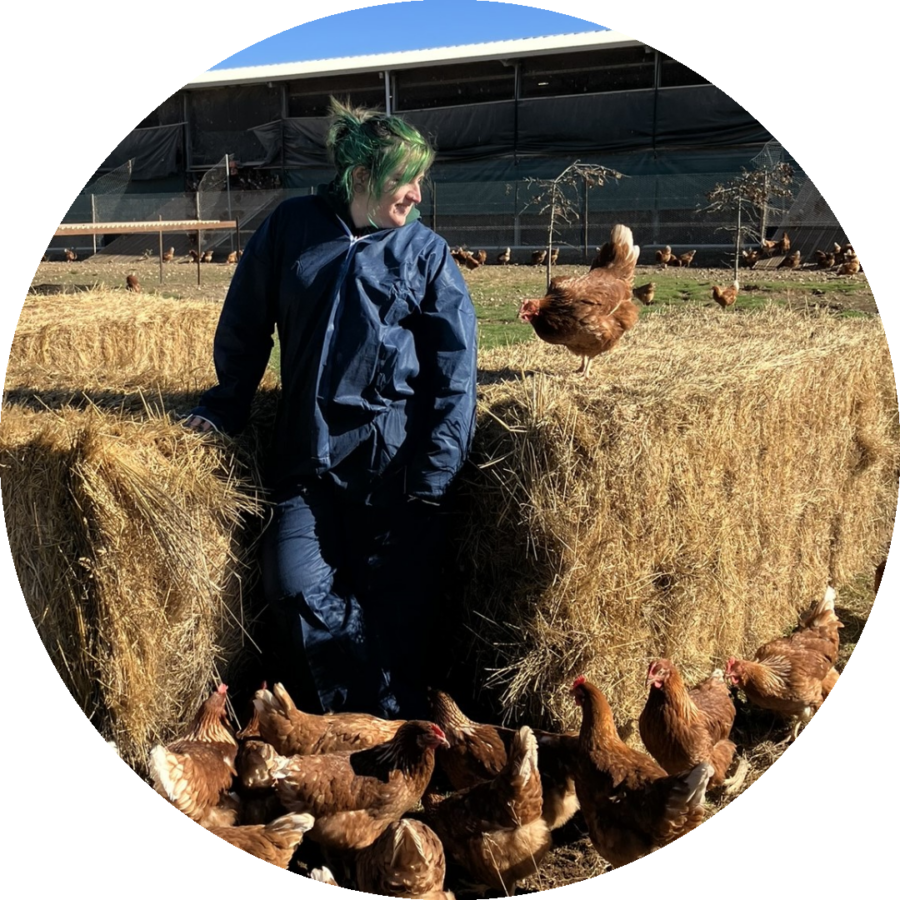
Step 8
For each assessment, the Certification Body receives an assessment report from the Assessor. A Certification Coordinator will then evaluate this report and if any issues have been raised, they will consult with the Assessor and work with the Producer to resolve them.
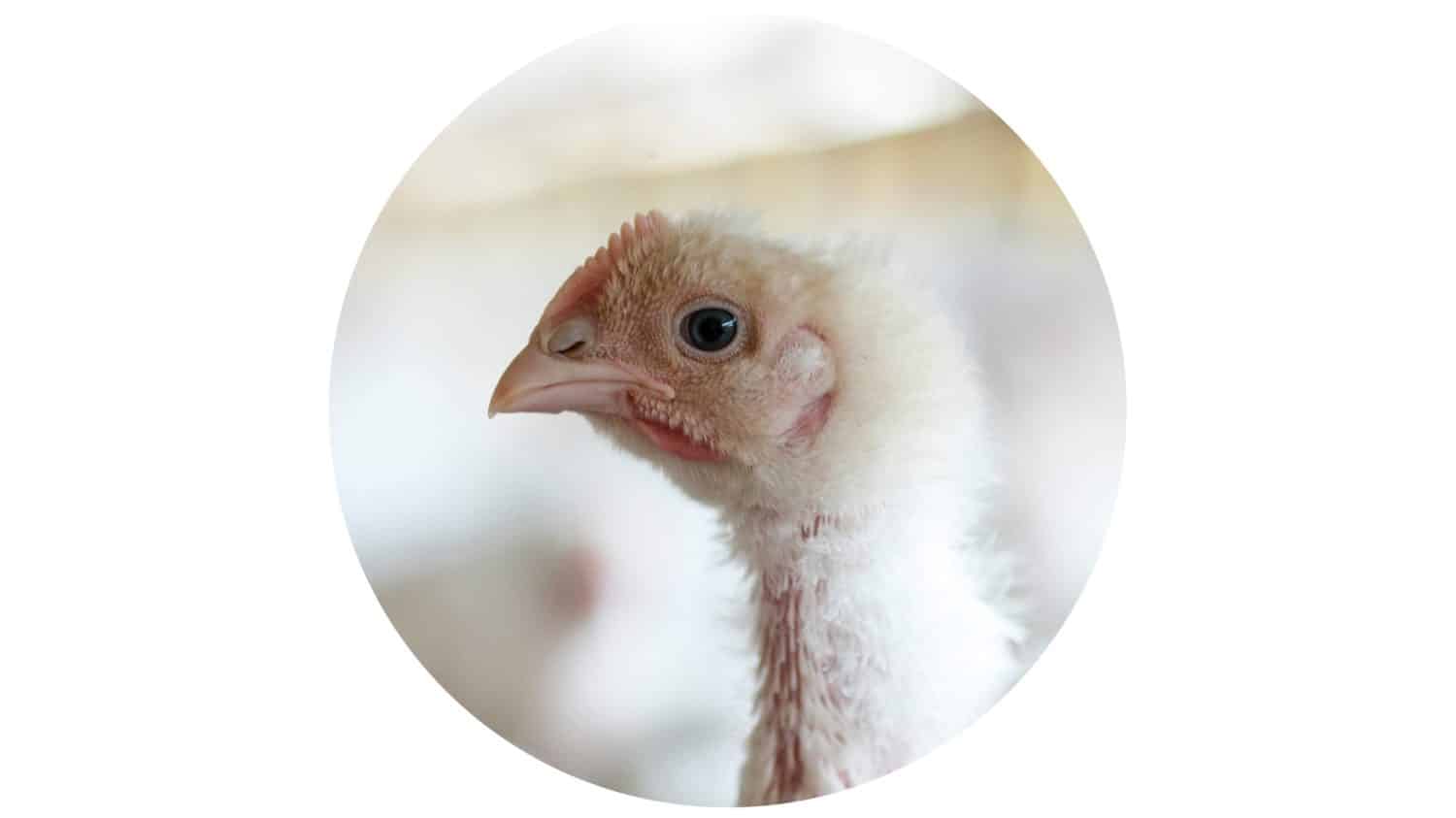
Step 9
Once the evaluation has been completed, another Certification Coordinator will review the assessment to make sure that all policies and procedures were followed before making a certification decision. This multi-layered approach is a feature of world’s-best practice in audit and certification.
Adhering to the RSPCA Standards
In farming sometimes things go wrong or aren’t quite right. If an Assessor finds something during an assessment that doesn’t comply with our standards, then this is raised as a nonconformance in their report. Most nonconformances are easily rectified through corrective action by the producer, but if there’s something that needs further investigation this will be escalated to the Manager – Certification Body or the Certification Committee for a decision.
Nonconformances are categorised as either minor, major or critical. Minor nonconformances can be a mistake in paperwork, or equipment not set up correctly in the shed. Major nonconformances could be going over stocking density limits, or issues with the cleanliness of bedding. Critical nonconformances severely impact an animal’s welfare. Most assessments however find a high level of conformance with the standards.
Ultimately when a farm joins the Scheme they have to meet all our standards, so the infrastructure and production method has to be conforming. But nonconformances can and do happen, although we see less and less of these each year which shows how producers on the Scheme not only are meeting a higher-welfare standard but maintaining and improving each year.
I’m a brand
Why become an RSPCA Approved Licensee?
We are trusted and well-known
The RSPCA is a trusted and well-known organisation, and the RSPCA Approved certification is recognised by Australians as meaning animals have been farmed with consideration of their welfare.
The RSPCA Approved Farming Scheme is also highly respected both at home and globally as a driver of tangible improvements to animal welfare, and is like no other in Australia.
Our Standards are credible
The RSPCA Standards are animal welfare focused, informed by evidence and go well above what’s legally required, while maintaining commercial viability. Find out more about our animal welfare Standards.
We have a robust certification process
Frequent, comprehensive assessments by specially trained Assessors make sure farms consistently meet our Standards so that customers can trust the RSPCA Approved certification. Find out more about our certification process.
Products are traceable right back to the farm
A strict chain of custody procedure means that all RSPCA Approved products can be traced from point of sale right back to the farm. Find out more about our chain of custody requirements.
Customers are looking for guidance
Australians are increasingly looking for assurances about how their food has been produced.
1 out of 2 of all consumers pay more attention to labels on chicken meat packaging than they did 5 years ago – AgriFutures, 2020
95% of Australians are concerned about farm animal welfare, 91% want at least some reform to address this – Futureye, 2018
By having products with RSPCA Approved certification, your brand can easily show that ingredients in your products have been sourced from farms that meet a higher welfare standard and have been independently verified through a thorough certification process.
We are independent
Established by the RSPCA, the RSPCA Approved Farming Scheme is Australia’s leading independent certification scheme focused on animal welfare. The Scheme doesn’t receive funding from government, industry bodies or donations.
More than 3 out of 4 Australian consumers say that having a third-party audited animal welfare program with established standards is important to them when purchasing chicken – AgriFutures, 2020.
We value working together
Already animal welfare is seen by customers as an important part of a brand’s social responsibility.
Our work encouraging food companies and brands to support a better future for Australia’s farm animals has led to the Scheme working with dozens of forward-thinking brands sourcing RSPCA Approved ingredients. Find out more about our impact over the past 25 years.
What does it cost
The RSPCA Approved Farming Scheme is not-for-profit and is not funded by donations to the RSPCA.
The costs of running the Scheme, including the high costs associated with farm and abattoir assessments, the RSPCA Certification Body overseeing these assessments, traceability checks, marketing and development are covered by a licensing fee.
Licensing fees are paid by brands that source from Producers with RSPCA Approved certification and market their product with the RSPCA Approved brand. The fee is calculated with consideration of how much it costs to have the brand and their suppliers participate and be certified. Licensing fees remain solely within the Scheme and are used to implement our work, promote the Scheme and its participants and most importantly, improve the lives of Australia’s most intensively farmed animals.
How to join
For a brand or company to market their products as RSPCA Approved or use the RSPCA Approved brand, the business must have a licensing agreement with the RSPCA. First read the process for becoming an RSPCA Approved Licensee and then get in touch with us to start the application process.
Certification Process







Step 1
Brands looking to market their products with RSPCA Approved certification will need to speak to their suppliers to find out if they are sourcing from Producers with RSPCA Approved certification, or discuss getting certified with them.

Step 2
The brand provides the RSPCA Approved Farming Scheme with details about their supply chain, products and marketing plans.
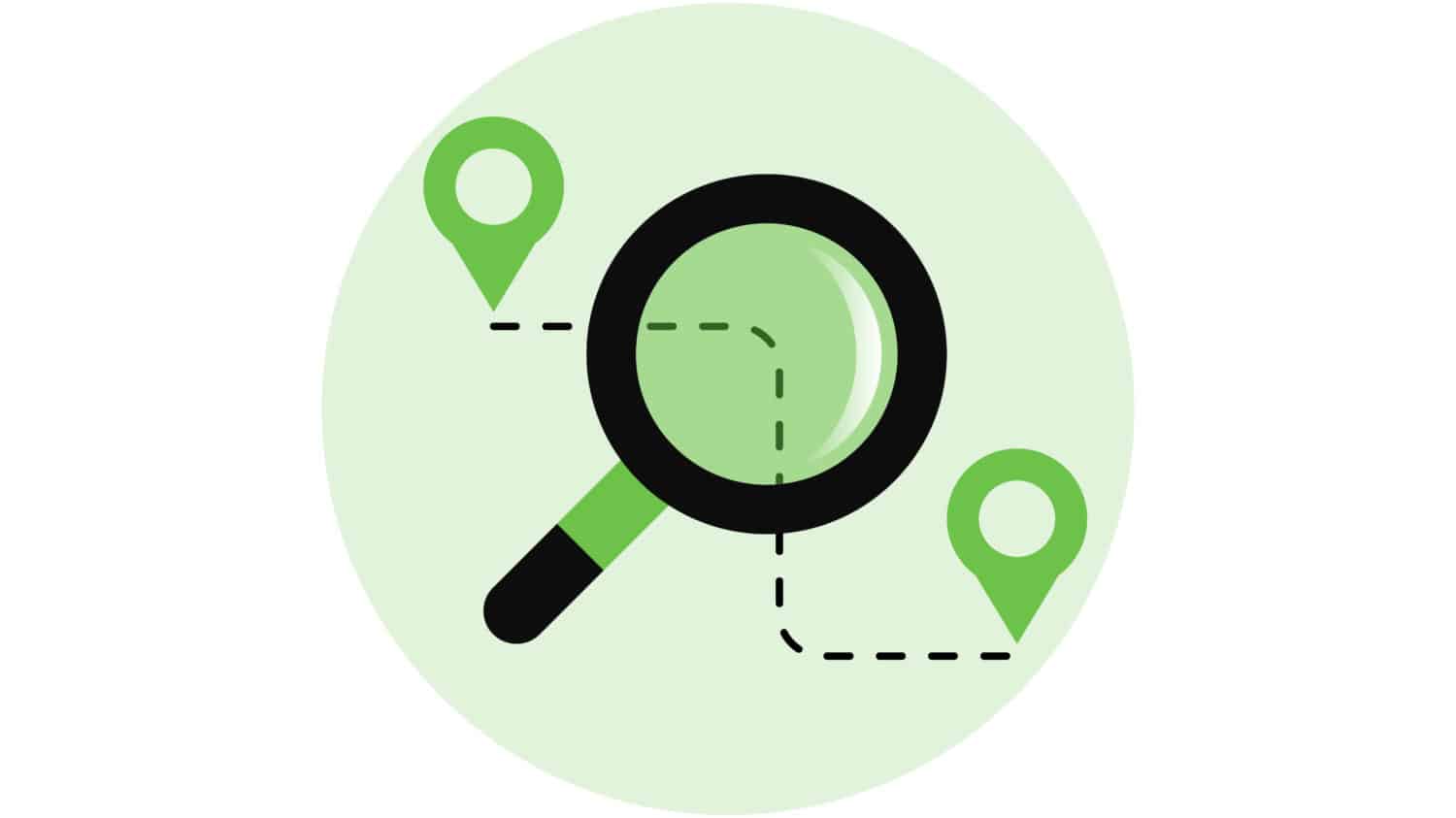
Step 3
The brand will be assessed by the Certification Body to verify it’s compliant with our Chain of Custody standard. This is because brands are required to comply with our Traceability Policy as part of their licensing agreements.
At all times, RSPCA Approved products are required to be clearly identifiable and are not substituted in any way with non-RSPCA Approved products.

Step 4
Once the supply chain has been assessed, the brand will enter into a Licensing Agreement with the RSPCA Approved Farming Scheme. This includes a licensing fee which is calculated with consideration of how much it costs to have the brand’s product certified.
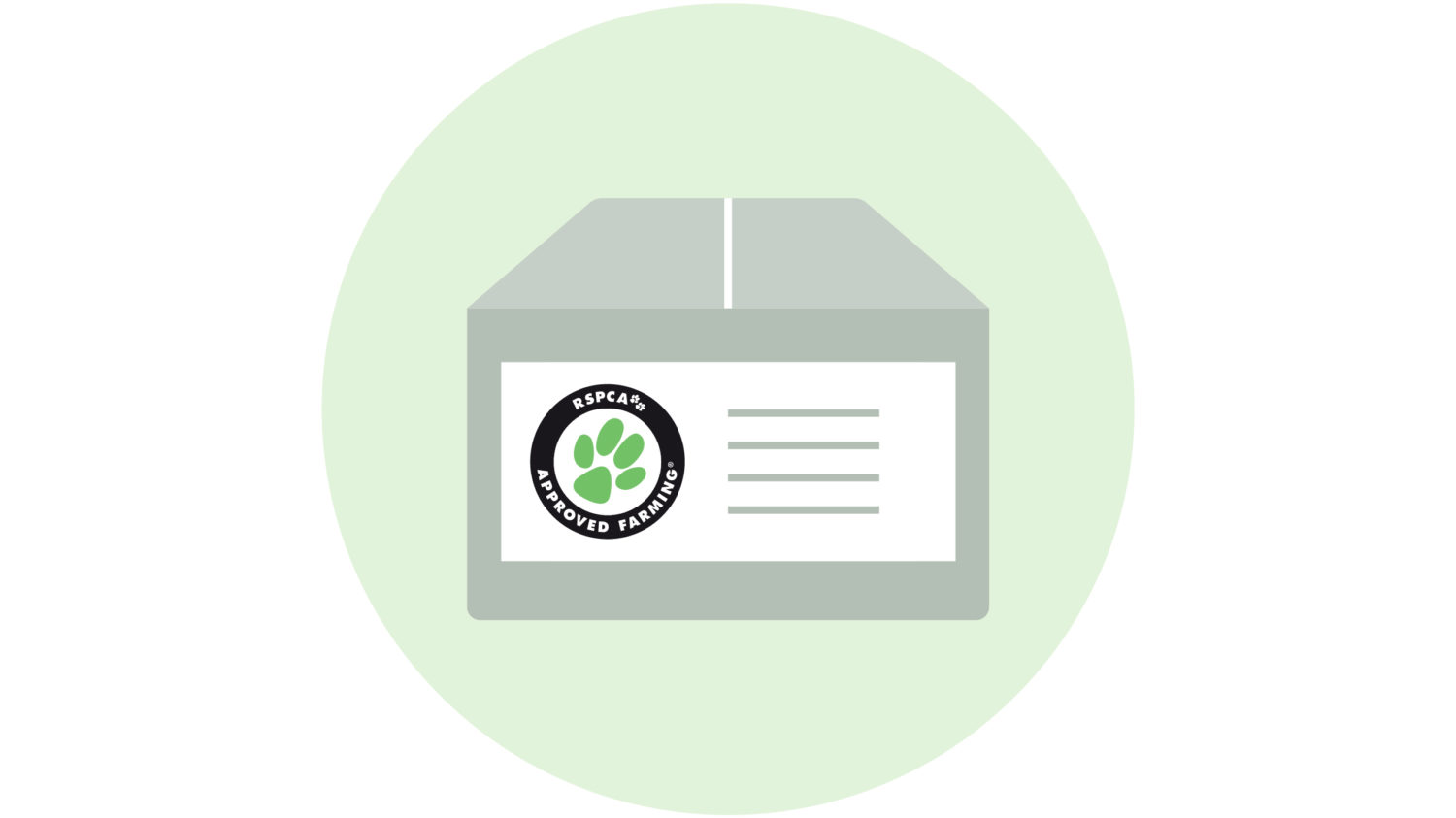
Step 5
Once a brand is a Licensee they have access to the RSPCA Approved brand for use on their product packaging and marketing.
Use of the RSPCA Approved logo or name in text must comply with the RSPCA’s
brand guidelines and be approved by the RSPCA Approved Farming Scheme.
Traceability
A strict chain of custody assessment means that all RSPCA Approved ingredients can be traced from point of sale right back to the farm.
RSPCA Approved ingredients are required to be clearly identifiable and are not substituted in any way with non-RSPCA Approved products.


